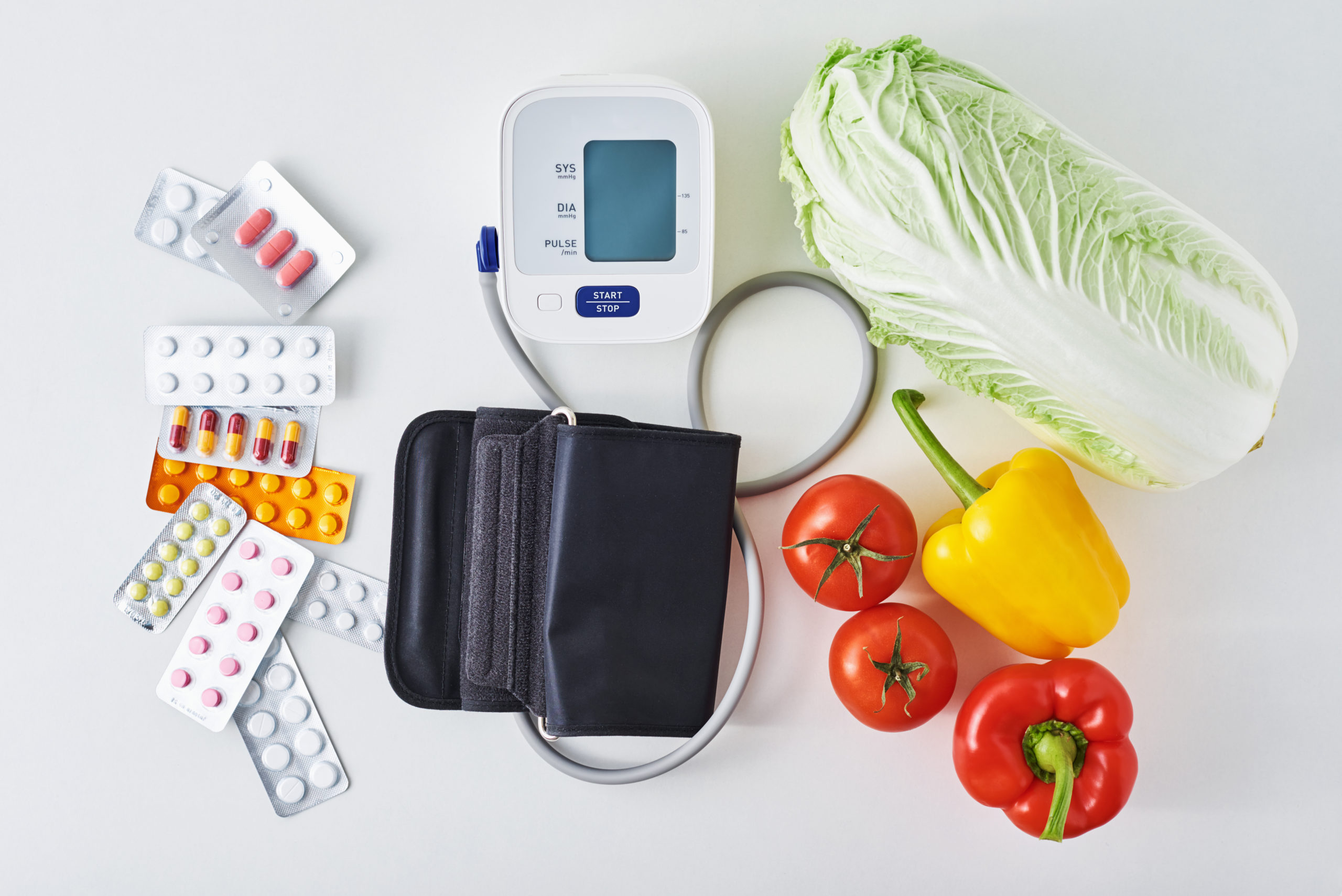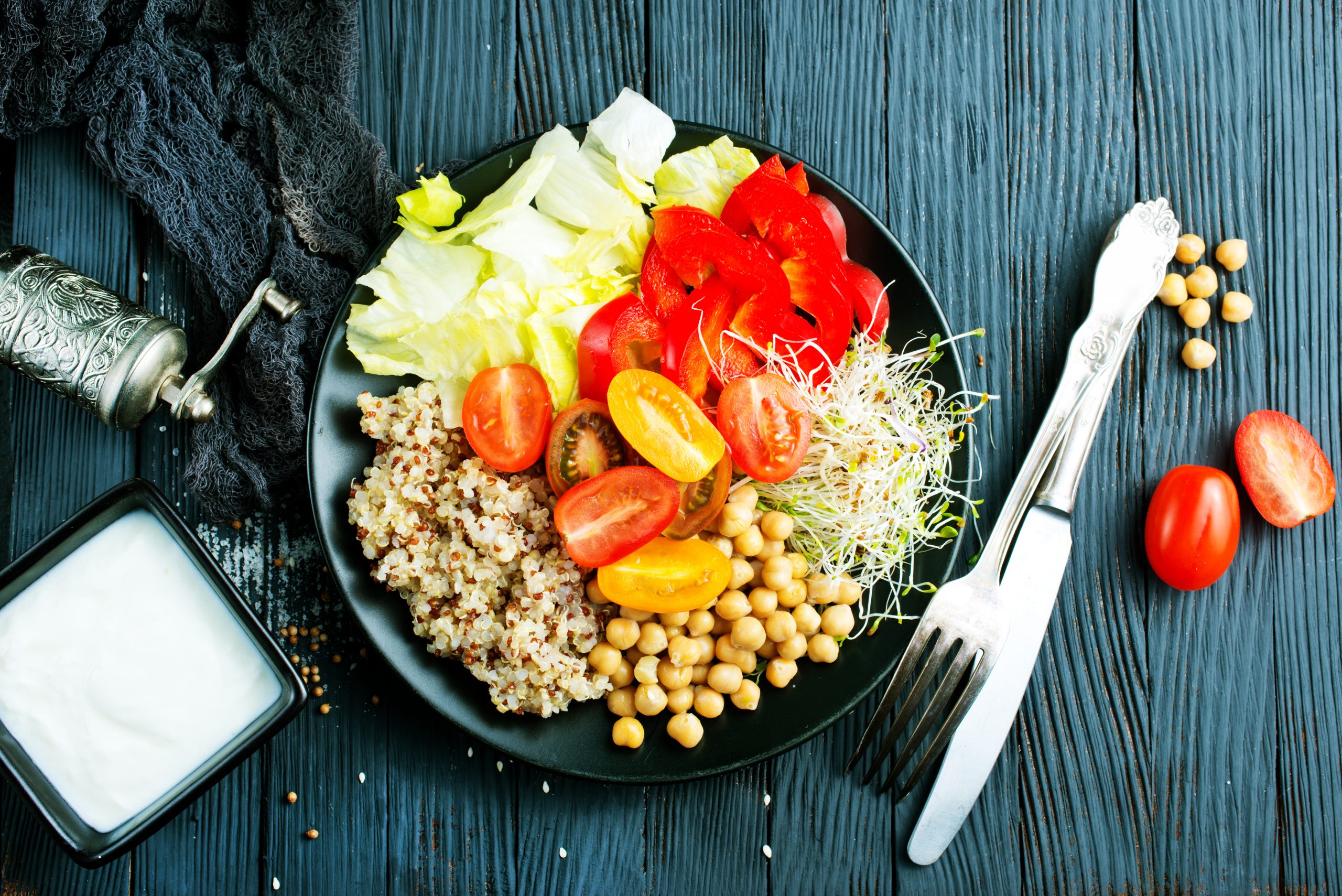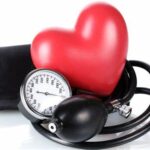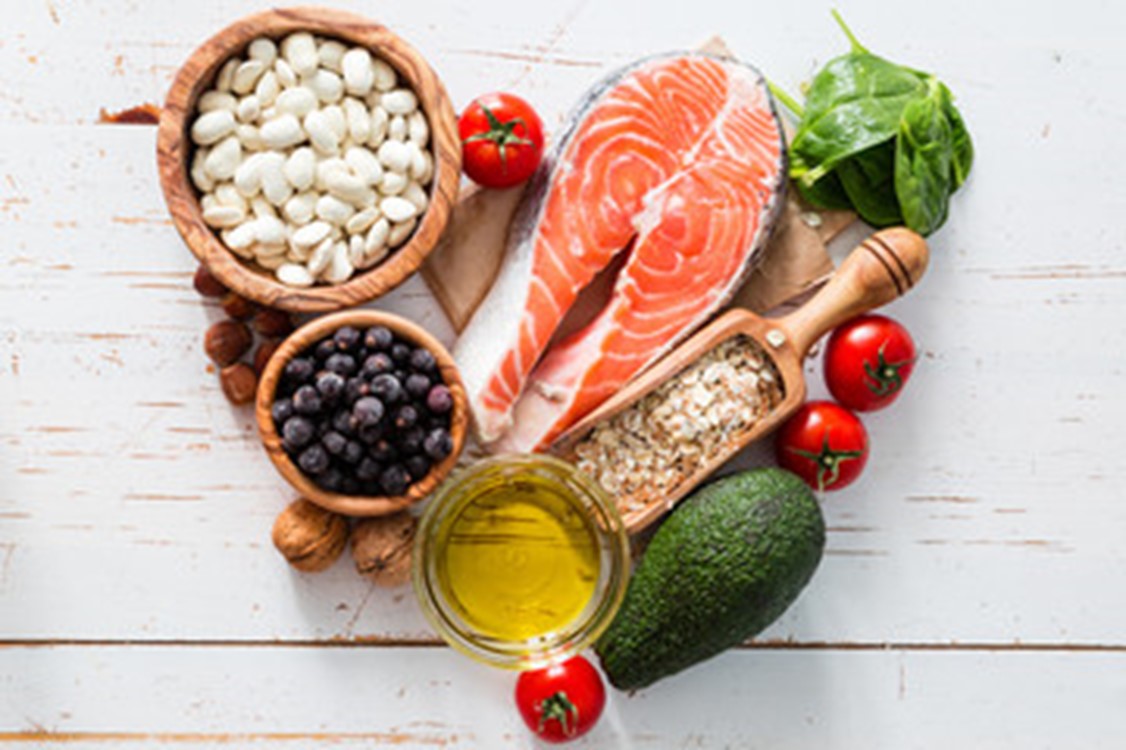
The Truth About the Benefits Of Eating Healthy Revealed.
Your life is full of options! Every day, you make thousands of decisions, many of which are related to food. Some appear insignificant. Others like eating healthy, are crucial. A few of them may even change the course of your life. However, as trivial as a single choice may seem, when repeated, it can have a significant impact on your health—and your life!
How Wellness and Health Can Change Your Life for Good
Let’s begin with a question: What does wellness or being healthy mean to you? Perhaps it’s simply the absence of disease or health problems. Would you like plenty of energy for day-to-day living and work? Maybe having a trim or muscular physique is important to you. Or how about finishing a 10K run or fitness walk?
Wellness and health encompass a broader and more personal scope. It refers to your overall fitness and optimal health. Wellness is the pinnacle of your health!
Physical, emotional, and mental well-being all contribute to wellness or being healthy. All three are interrelated. Smart food choices and physical activity are essential for every one of them. Being healthy throughout one’s life has numerous advantages.
When you’re healthy, you have:
• Energy to do the things that matter to you and be more productive
• Stamina and a positive attitude to deal with the mental obstacles and emotional ups and downs of everyday life, as well as stress.
- Reduced risk of a variety of health issues, including serious and often life-threatening conditions like heart disease, cancer, type 2 diabetes, and osteoporosis
• The ability to look and feel your best. Physical stamina and endurance to defend yourself in the event of an emergency
- A better chance for a higher quality of life and possibly a longer one!
Good nutrition is essential for a healthy pregnancy and nursing. Research has shown that children and teenagers who are regularly eating healthy meals are physically active, grow, develop, and learn more effectively.
A few years back a study was done in Nova Scotia, Canada, and published in The Journal of School Health. The results revealed a link between diet quality and academic achievement across a variety of metrics. Students who had a low overall food quality were considerably more likely to fail the evaluation.
Healthy food and physical activity can help people of all ages feel better and perform more successfully. They may even slow aging, which is something that most people desire. The sooner you prioritize healthy food and regular exercise, the better your overall health and quality of life!

Where Should I Start?
There’s a well know phrase I like to refer to: “You are what you eat”. That is to say, the nutrition in your meals has a significant impact on your health and growth. However, there is no one “correct” method to eat. There are several approaches to eating well.
The first step in this process of making eating healthy a priority is self-examination. In other words, think about your life and the food choices you’ve made and why. Remember, food choices reflect what’s important to you: your culture, customs, and possibly religion. Also, your food choices are affected by your environment, your food budget, the people around you, the meals available to you and those you enjoy, your emotions, and presumably your understanding of food and nutrition.
Food may be a source of pleasure, adventure, and exquisite flavor in addition to providing opportunities to share with others. It’s no wonder that people use food to entertain, celebrate, or anticipate a particular dish. Good nutrition and enjoyable meals and snacks can go hand in hand.
The Importance of Nutrients in Food
Your body can’t produce most of the substances it requires to function normally, repair itself, have energy, or grow. It would help if you had a diverse and adequate nutrient supply from food for nourishment — and for life itself.
What you eat and drink must be digested or broken down to gain access to these nutrients. Then it can be absorbed into your bloodstream and carried to every cell in your body. Most of your body’s work is done in your cells, therefore, nutrients in food are essential.
More than forty nutrients in food are classified into six groups; each serves a specific function. Their functions are linked because they collaborate as part of your body’s many metabolic processes.
Eating healthy means eating a well-balanced diet that provides the nutrients your body needs for growth and repair while allowing you to remain strong and healthy. Furthermore, certain foods are known to assist in fighting off many diseases and illnesses and help you maintain high energy levels throughout the day.
Individuals that eat a balanced diet regularly are also less likely to experience deficiencies in key nutrients like Vitamin A, B, C, and E, zinc, iron, and selenium. Low levels of these nutrients have been shown to weaken parts of your immune system.
6 Essential Nutrients for Eating Healthy
- Carbohydrates: Carbohydrates are your body’s main source of energy (or calories). It promotes health (including gut health) and helps prevent several chronic and serious diseases. Despite its importance in health, fiber is not a nutrient because it is not digested and absorbed.
- Fats: Food fats support many metabolic functions, including nutrient transport and growth. Many body cells contain fat. Fats are made up of various fatty acid combinations that have varying effects on overall health. While some fats are solid at room temperature (butter, stick margarine, lard), others are soft (tub margarine) or liquid (lard) (oils). Some fatty acids are essential for health, but the body cannot produce them.
- Proteins: Proteins are amino acid sequences that build, repair, and maintain body tissues. Amino acids from food are considered “essential” because your body can’t make them. Proteins provide energy, especially when carbs and fats are scarce. To maintain body tissue, amino acids must first be broken down and used for energy.
- Vitamins: Like spark plugs, vitamins ignite chemical reactions in cells. It regulates different body functions. One vitamin cannot replace another due to their distinct roles.
- Minerals: Minerals, like vitamins, stimulate bodily processes. All minerals have metabolic roles. Some, like calcium, are structural.
- Water: This nutrient makes up 45–75 percent of the body’s weight. It regulates body functions, transports nutrients and other chemicals to cells, and removes waste.
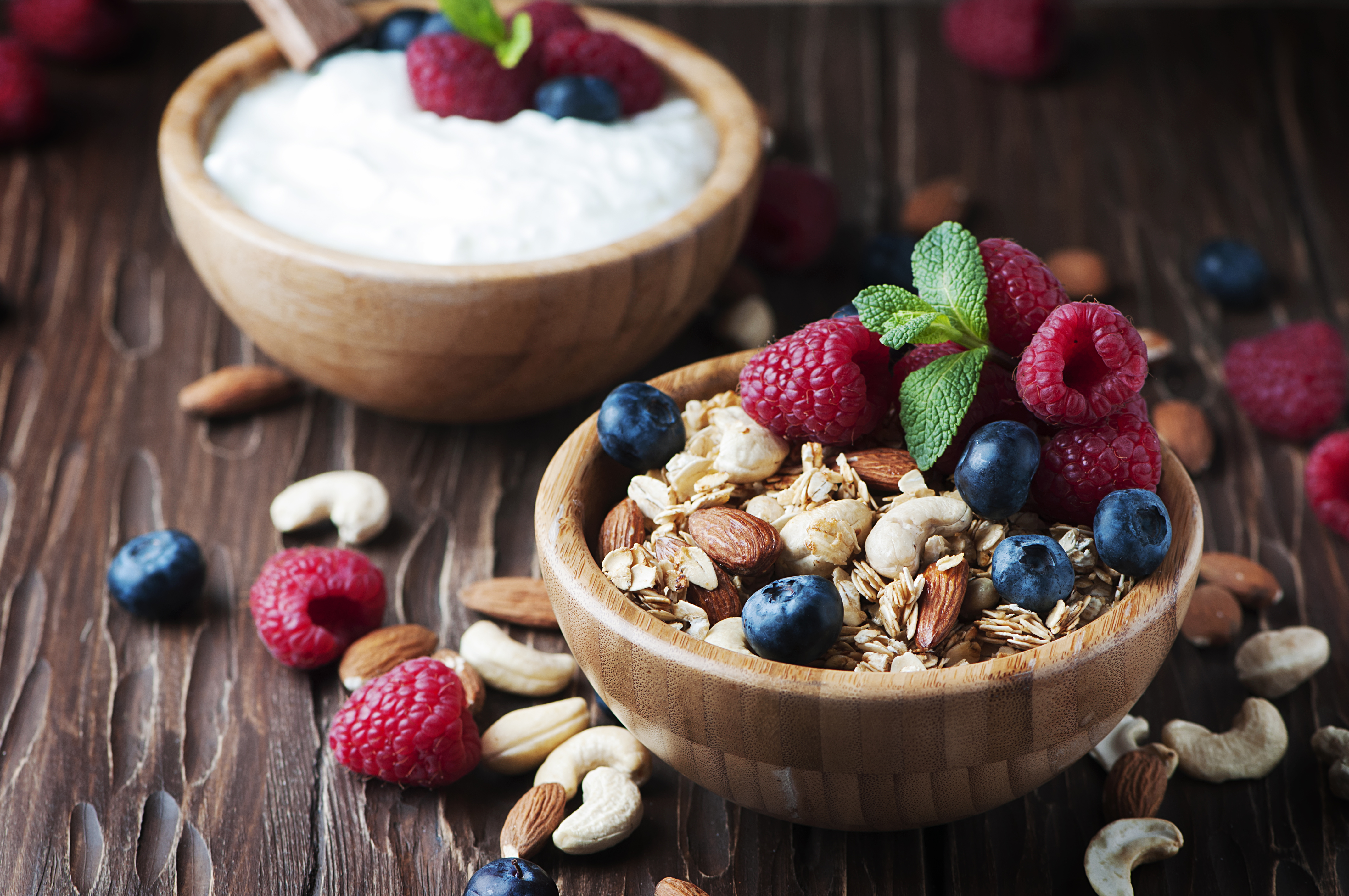
Start Eating Healthy and Delicious Foods Today
The good news is making better decisions for your body can sometimes mean adding rather than subtracting. This may result in more appealing options for those seeking a healthy diet plan that feels like a bonus rather than a burden.
Below is a list of foods that are packed with various nutrients and provide a good starting point for someone looking for good options of healthy foods to eat.
Salmon
This oily fish, known for its bright pink color, is high in healthy protein and omega-3 fatty acids, which are beneficial to both the heart and the brain. It also contains vitamin D, which helps to build bones. Most people would find it challenging to eat salmon every day. Instead, try eating it at least once a week to reap the health benefits.
Brussels sprouts
These crunchy little green balls, which resemble mini-cabbages, are high in nutrients and low in calories — only 28 in half a cup. They contain various vitamins, including vitamin A, vitamin C, vitamin K, potassium, and folate. Like other cruciferous vegetables, Brussels sprouts contain bioactive compounds such as antioxidants, which are chemicals that help prevent cell damage within your body.
Brussels sprouts are a controversial choice in terms of flavor because, while they are adorable, some people find them bitter. If you’re firmly in the “dislike” camp, you can get a similar nutritional boost by substituting other green vegetables for Brussels sprouts. However, keep an open mind.
Roasting Brussels sprouts with a spritz of olive oil can help to reduce their bitterness. To add some crunch and flavor, sprinkle some chopped nuts on top (as well as extra benefits; see below).
Blueberries
Doctors have reported that these dark-colored berries are high in antioxidants, particularly vitamin C. Blueberries, which have 56 calories per 100 grams, are also high in vitamin A and fiber.
While most grocery stores carry blueberries all year, if blueberries aren’t in season, feel free to substitute another dark-colored fruit, such as pomegranates or cherries. To add some variety, combine frozen blueberries (which are delicious any time of year) with plain yogurt (see below) to make a smoothie.
Nuts
Nuts, which are crunchy and satisfying, are very filling. They also provide an infusion of healthy oils, protein, and vitamin E. Choose any nut, such as almonds, walnuts, or even peanuts (which are technically legumes), or a handful of mixed nuts.
The healthiest options are those that are unsalted. However, keep in mind that these are high-calorie treats. An ounce of nuts can contain 200 calories or more, so limit your daily intake to smaller portion sizes.
Plain yogurt
This creamy treat contains probiotics, which are healthy bacteria that help keep your gut healthy and contribute to overall health. Yogurt is a nutrient-dense food that provides your body with protein, calcium, magnesium, vitamin B12, and some essential fatty acids. And, if you choose a high-protein yogurt, it can help you feel fuller for longer, which may help you lose weight.
While you may prefer flavored yogurts, plain yogurt is preferable. The issue with flavored yogurt is that some brands have way too much sugar. Many of the health benefits of yogurt are negated by sugar. Is plain yogurt too sour? Adding blueberries for extra sweetness or nuts for crunch is an excellent healthy option. These simple additions can enhance the flavor, and you can get three of the foods on this list in one quick snack.
Conclusion
When we know the truth, we must choose what is truly important. Do you want to live a healthy life? You may be thinking to yourself that eating healthy is expensive. It depends on how you look at it. Again, it comes down to a matter of choice. When you do an actual cost-benefit analysis, eating healthier is less expensive. It is more costly to eat processed, fake food high in sugar than it is to eat healthy food.
Let us compare: a bag of apples costs about the same as a large bag of potato chips and a bag of cookies. You’ll eat all the chips; you might eat several cookies, but you won’t eat every apple in the bag. Again, it comes down to a matter of choice.
Another example is drinking juice, which is expensive when you could drink water, which is a quarter of the price, especially if you purchase a filter and drink water from your faucet. It is far less expensive than juice, whether purified or not. Simply put, you have a choice.
Once again, it would be best if you decided whether the benefits of healthy eating will outweigh the convenience and deliciousness of unhealthy processed foods. But once you do decide to change your habits and learn how to practice healthy eating, after a short time, it will become second nature, just like driving a car. People tend to overcomplicate the steps needed to incorporate healthy eating into their daily
